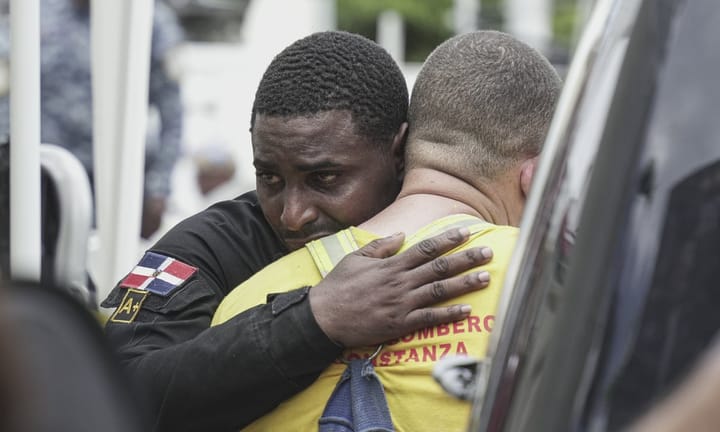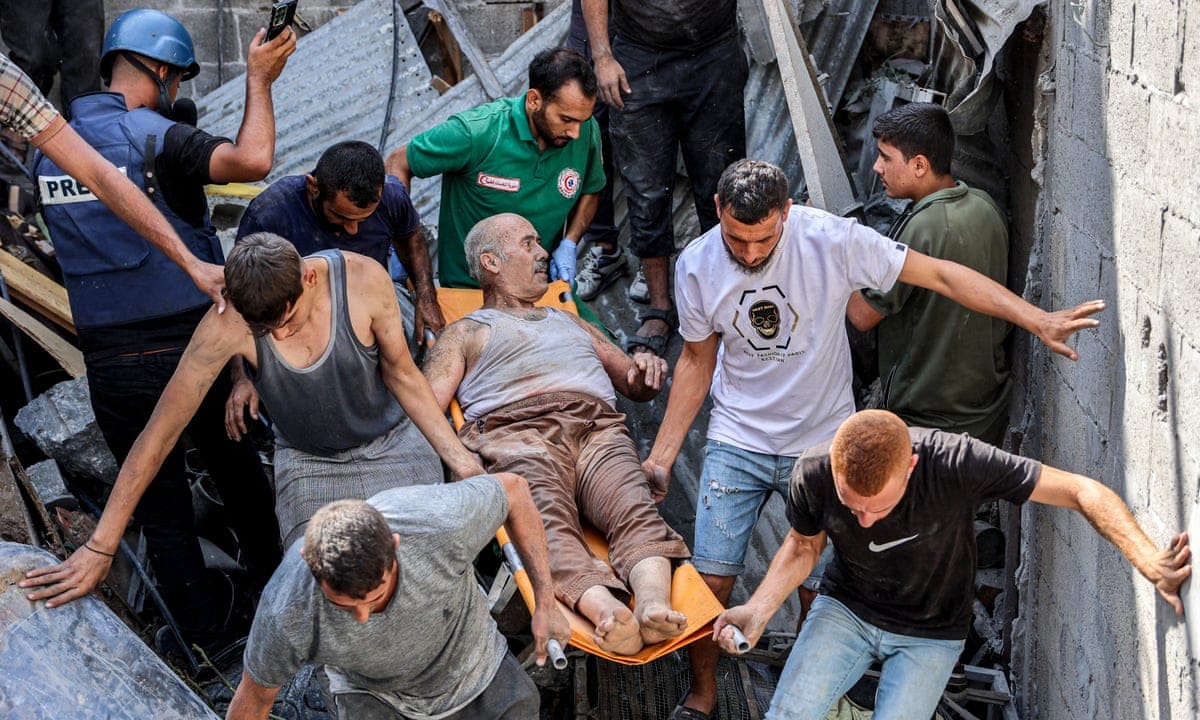Benjamin Netanyahu’s office has stated that Israel will independently decide on any retaliation to Iran's offensive of 180 missiles launched at it earlier this month; however, they pledge to take advice from Washington before making their final decisions based on national interest.
This comes after reports in US media about Netanyahu assuring the then President Joe Biden that Israel would not target sites connected with Iran’s nuclear programme or oilfields ahead of his presidential election.
Israel continued its actions into Lebanon and Gaza, executing airstrikes in Gaza which resulted in additional civilian casualties while combating Hamas and other militant groups within the territory's densely populated northern sector.
In response to Israel’s military operation there, tens of thousands find themselves trapped by Israeli forces mainly due to heavy shelling, bombings, missiles – in a dire situation with increasing casualties as per Agence France-Presse reports from the region's residents and witnesses.
In Lebanon too, Israel carried out several strikes on eastern regions following Netanyahu’s promise of severe action against Hezbollah across all parts including Beirut; attacks targeted a key healthcare facility in Baalbek city according to reports from the nation's official news source.
“It was an incredibly brutal day for our community” recounted one citizen, “many innocent lives were lost and we can hardly believe that such devastation is happening,” as per their shared experience in a local refugee camp hit by these attacks.
Reports also suggest Hezbollah militants attacked an Israeli military convoy carrying aid workers – with the incident prompting widespread international criticism, particularly from Italy’s Prime Minister Giorgia Meloni who condemned Israel for their conduct and called on them to cease such actions as per Italian Senate statements.
In Gaza too, where conflict has led to significant loss of civilian life following Hamas attacks into the country in October; a massive number have been killed with many more displaced since an earlier Israeli invasion – most being civilians according to reliable figures from health officials on-site and verified data.
In addition to these, Israel has come under scrutiny for its actions causing injury and damage within the UN interim force in Lebanon (Unifil), which is there as a peacekeeping body since 1978; this despite requests by Netanyahu's office asking Unifil personnel to vacate harm’s way.
Follow-up: Israel has seen an additional civilian death count of over 42,000 in Gaza alone due largely to these attacks – according to reliable numbers provided via the health ministry there; efforts aiming at securing release for about half a dozen remaining hostages are now on hold.
Amidst this turmoil and violence, many civilian lives continue being affected with residents like Fatima al-Azab sharing their firsthand experience of lack of safety anywhere in Gaza – "All we have left is to cover ourselves for warmth as the night approaches,” she expressed her fears.
This situation has led various international bodies and officials, including US President Joe Biden's administration at that time (or its successor), expressing their concerns over escalating violence against peacekeepers from Unifil – marking a turning point in relations between Israel and the United Nations as well as regional dynamics.
Read next

Dominican Republic halts rescue efforts following devastating ceiling failure at nightclub incident
Rescue teams in the Dominican Republic on Wednesday concluded their search for survivors following a catastrophic nightclub roof collapse—this marks one of its most tragic disasters over recent years, with confirmed death toll rising beyond 180 individuals within this Caribbean nation.
Authorities announced an additional count of 60 fatalities

Angelica Huston Discloses Past Cancer Diagnosis; Now Fully Recuperated and Clear of Disease
Anjelica Huston disclosed her cancer diagnosis six years ago after the release of her 2019 film John Wick: Chapter 3 – Parabellum. The actress prefers not to divulge specific details about the type of cancer she faced but expressed pride in overcoming this serious health challenge, which required significant changes to

Royal Visit: King Charles and Queen Camilla Surprise Papal Counterpart at Recovery
The British monarch Charles and his consort Camilla paid an unexpected visit to Pope Francis during their four-day official trip across Italy.
They met with the pontiff at his residence within Casa Santa Marta inside Vatican City where he recovers from a severe lung infection caused by pneumonia, which had

